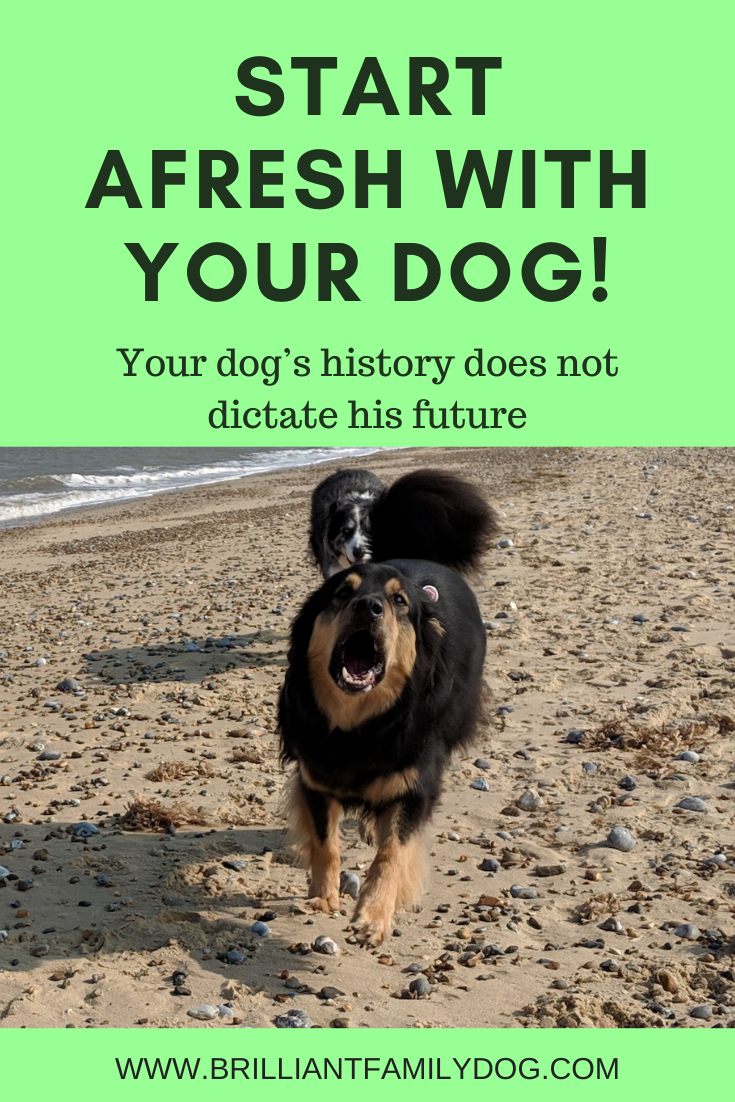I had this query from a reader recently, whose heart is clearly in the right place:
“I have a reactive/aggressive 8 year old I did not have from a puppy. As she has gotten older she has calmed down a bit however, we do not trust her around other dogs and do not even try to socialise her. She will cry, whine and sometimes growl which can be embarrassing.
I have longed for a dog that I can take everywhere with me and can get along with all dogs and people. I am considering getting another dog that is a little bit older than a young pup.
We do plan on introducing them slowly with the new dog being outside and our older dog inside watching through the window, then keeping them behind closed doors in the house etc.
One of my main worries is jealousy and the new dog picking up bad habits from the older dog. I also worry around the unfairness of walking them separately or is this something they will both quickly adjust to?
How do I make sure the new dog does not being aggressive also?”
Lots of questions here! And a few misconceptions too. Here was my reply to this caring owner:
“Well done on helping your dog get calmer - but don’t be embarrassed when your dog shows she’s uncomfortable! She’s giving you information. If others don’t understand, that’s not your problem - they will be impressed by your care.
New dog - I think you’d be better off with an 8wo pup. You’ll bring out the maternal instincts in your resident dog and she won’t see this baby as competition. Follow this article on introducing a puppy to a reactive dog to ensure a safe introduction and development.
Also, the young puppy will sleep so much that you’ll have plenty of time to give to your adult dog!
Walking separately is not unfair - most dogs prefer this undiluted time with their special person. I have four dogs and they all get their special times of solo walking with me.
There are a number of resources - from free to premium - on www.brilliantfamilydog.com/blog/how-best-can-you-help-your-dog-learn to help you. Do take advantage of them!”
As to how to introduce the older dog to the new puppy - and this goes for ANY older dog and puppy, not just a reactive dog - there is valuable information in that introduction article.
You can’t get a puppy and just chuck it into a multi-dog household and let it sink or swim. The outcomes are most unlikely to be what you’d like! There are plenty of parallels with children whose parents abdicate responsibility and the children rear themselves alongside their equally unguided peers. This can lead them down many unwanted paths . . .
So start as you mean to continue! Lots of 1-1 attention for each dog individually, and the puppy is reared more or less separately. After all, a puppy has a completely different physical timetable, with different requirements for training and exercising, so it makes sense.
Having a multi-dog household with the different characteristics of every dog within it is enchanting. They are so different!
And they need to be allowed to be. And not regarded as a pack.
Here’s a good place to start with your new pup:
Want a step-by-step guide to everything you need to know about your new puppy? Get New Puppy! here and start on the right paw!
Those early months are SOOOO important!
Let me know how you get on.


















